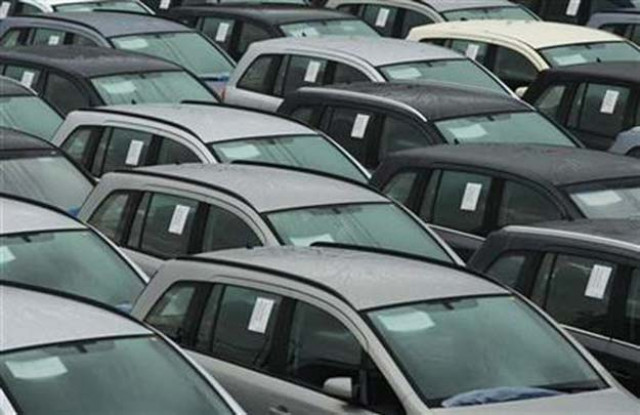China's EV price war reaches Thailand
Setbacks highlight pressure on second-tier Chinese EV automakers as BYD dominates

Hyper-competition in China's electric vehicle sector is spilling over to its biggest market in Asia, Thailand, as smaller players struggle to compete with dominant BYD, putting ambitious local production plans at risk.
Neta, among the earliest Chinese EV brands to enter Thailand in 2022, is an example of a struggling automaker finding it difficult to meet the requirements of a demanding government incentive programme meant to boost Thai EV production.
Under the scheme, carmakers are exempt from import duties, but were obligated to match import volumes with domestic production in 2024.
Citing slowing sales and tightening credit conditions, carmakers asked the government to adjust the scheme and the 2024 production shortfall was rolled over into this year.
Neta has said that it cannot produce the required number of cars locally and the government has withheld some payments to the EV maker, said Excise Department official Panupong Sriket, who received a complaint filed last month by 18 Neta dealers in Thailand seeking to recover over 200 million baht ($6.17 million) of allegedly unpaid debt.
The complaint, a copy of which was reviewed by Reuters, also detailed missed payments by Neta related to promised support for building showrooms and after-sales service. "I stopped ordering more cars in September because I sensed something was wrong," said Neta dealership owner Saravut Khunpitiluck. "I'm currently suing them."
Neta's parent company, Zhejiang Hozon New Energy Automobile, entered bankruptcy proceedings in China last month, according to state media.
Neta's share of Thailand's EV market peaked at around 12% of EV sales in 2023 when the industry was growing, according to Counterpoint Research data, with BYD having a 49% share that year.
The number of Chinese EV brands has doubled in the last year to 18, placing pressure on those that lack the reach of BYD. In the first five months of this year, new registration of Neta cars - a proxy for sales - slumped 48.5% from the prior year and its share of EV registrations was down to 4%, according to government data.






















COMMENTS
Comments are moderated and generally will be posted if they are on-topic and not abusive.
For more information, please see our Comments FAQ